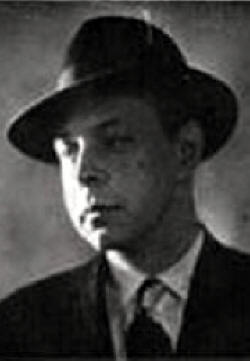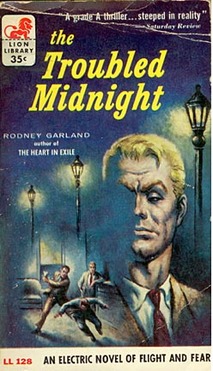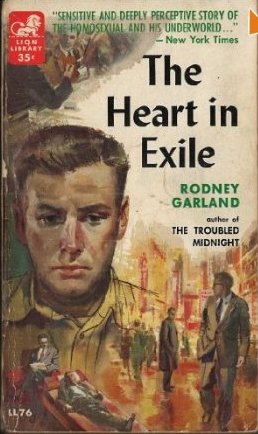

Queer Places:
Marble Arch, London W1H, UK
 Adam
De Hegedus (December 14, 1906 - 1958) was an Hungarian-British
writer. His father was a civil servant in Hungary, first as a county official
and then in the Treasury. He rose to a high position and retired with a title.
Adam
De Hegedus (December 14, 1906 - 1958) was an Hungarian-British
writer. His father was a civil servant in Hungary, first as a county official
and then in the Treasury. He rose to a high position and retired with a title.
When Adam de Hegedus was 21 in 1927, a year before his university final
examinations, he traveled to Britain, partly to learn English for the
Hungarian diplomatic service, and partly to read up on international law for
his doctoral thesis. He lived in a South Kensington boarding house and spent
some of his time at the British Museum Library, but a great deal more time
investigating London. He lived in London from June to December, and after
those five months he decided to return to Hungary to complete the final
examinations, but that he would abandon the diplomatic service and return to
Britain to become a writer.
He then abandoned his diplomatic career and decided to go into journalism
and he returned to Hungary. He contributed to The Observer, The London
Mercury, and other weeklies.
Among his works are: The Golden Cock,
1934, a short story in Lovat Dickson's Magazine, volume 3, number 1, July,
page 20. Hungarian Background, 1937, 302 pages. Don't Keep the Vanman Waiting:
A Chapter of Autobiography, 1944, published in London by Nicholson & Watson,
246 pages. Mainly a memoir of army life during the Second World War, but also
reflects on his earlier life. Patriotism or Peace?, 1947, published in New
York by Charles Scribner's Sons, 266 pages. Rehearsal Under the Moon. The
state of the world. Home and away, Notes on England after the Second World
War, 1951, published in London by Hutchinson, 232 pages. The Heart in Exile,
1953, a novel, as Rodney Garland, published in London by W. H. Allen, 296
pages.


He stayed for a while in Paris and made friends with Andre Gidé. He
settled permanently in London in 1939 and took a flat in South Kensington. The
landlord, Philibert, and another tennant, Gustave, were interested in the
plight of the national minorities in Europe, and Gustave produced political
periodicals. Adam de Hegedus got a reduction in the rent in return for editing
an English edition. During this time he made his living mostly by sending
articles to his newspaper in Budapest.
My published books: